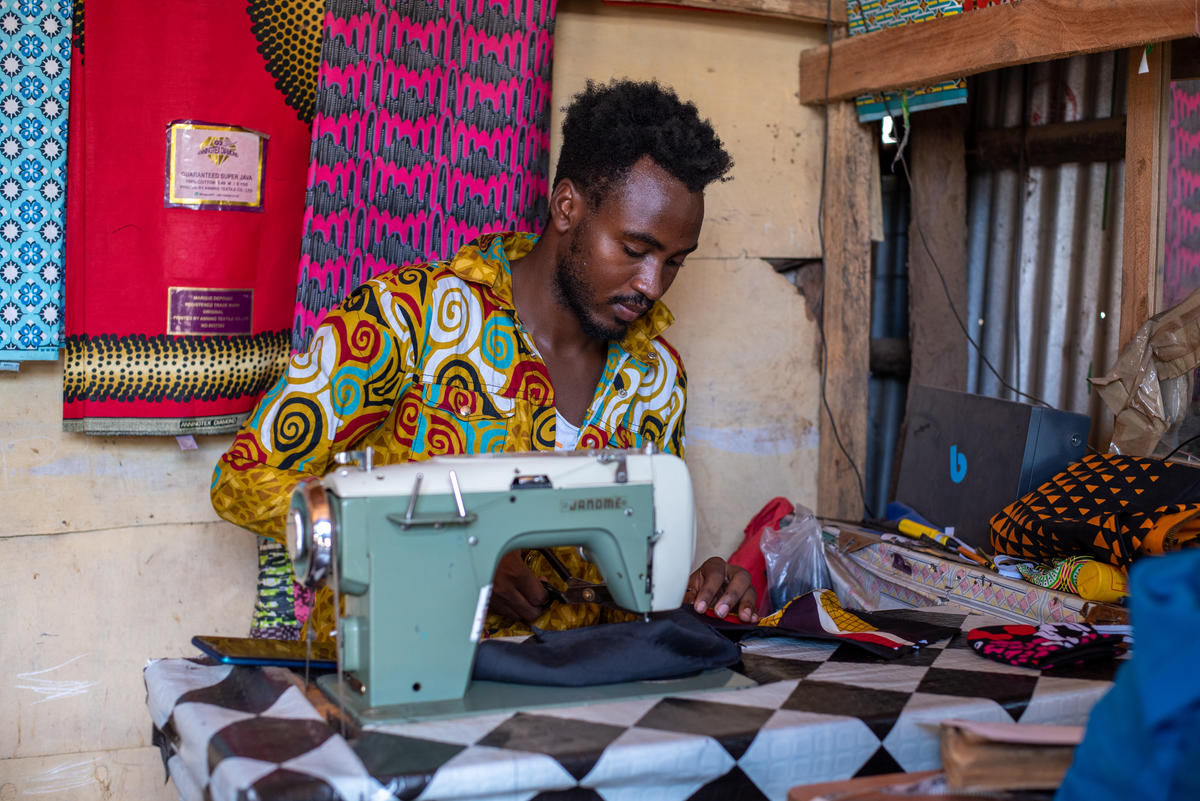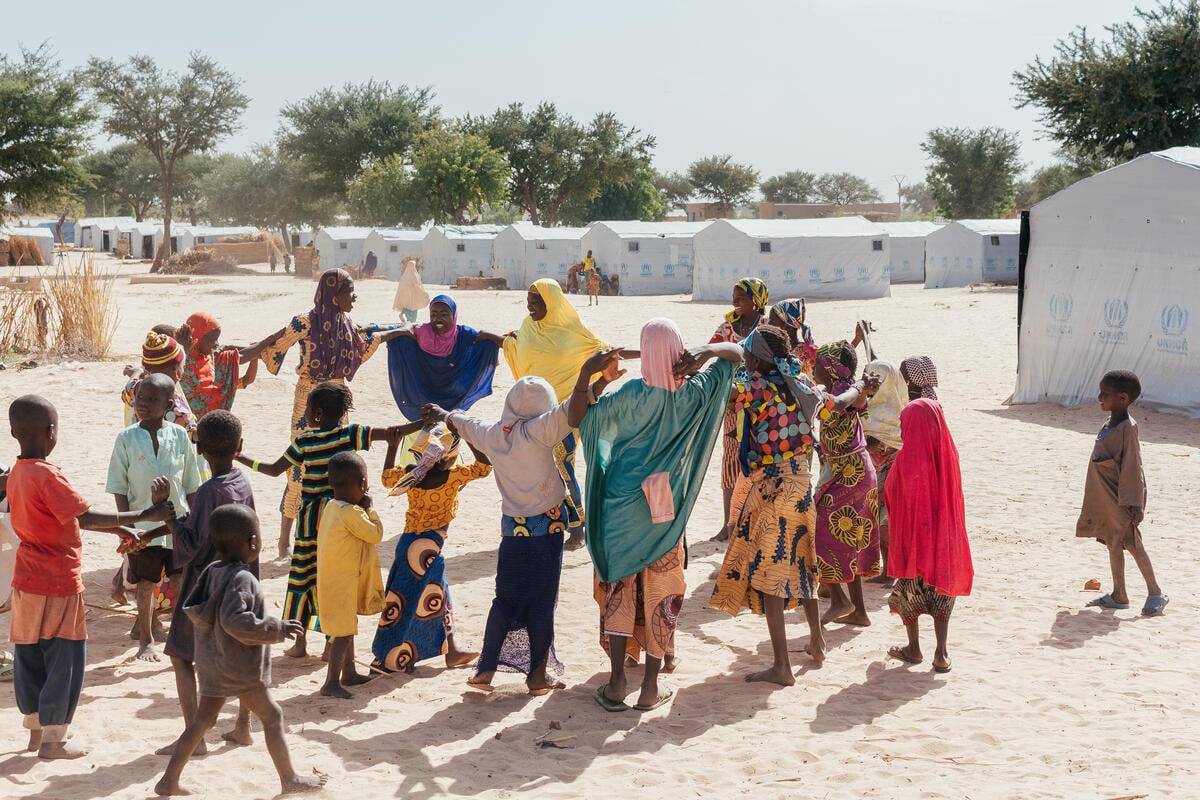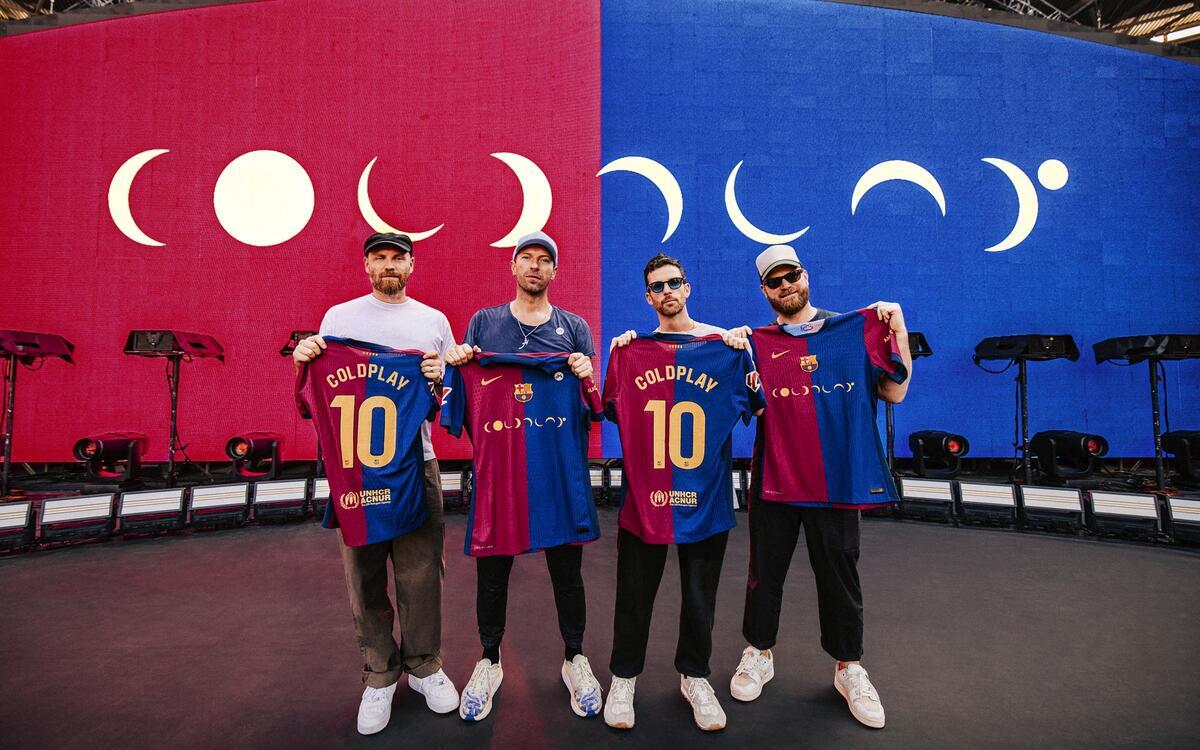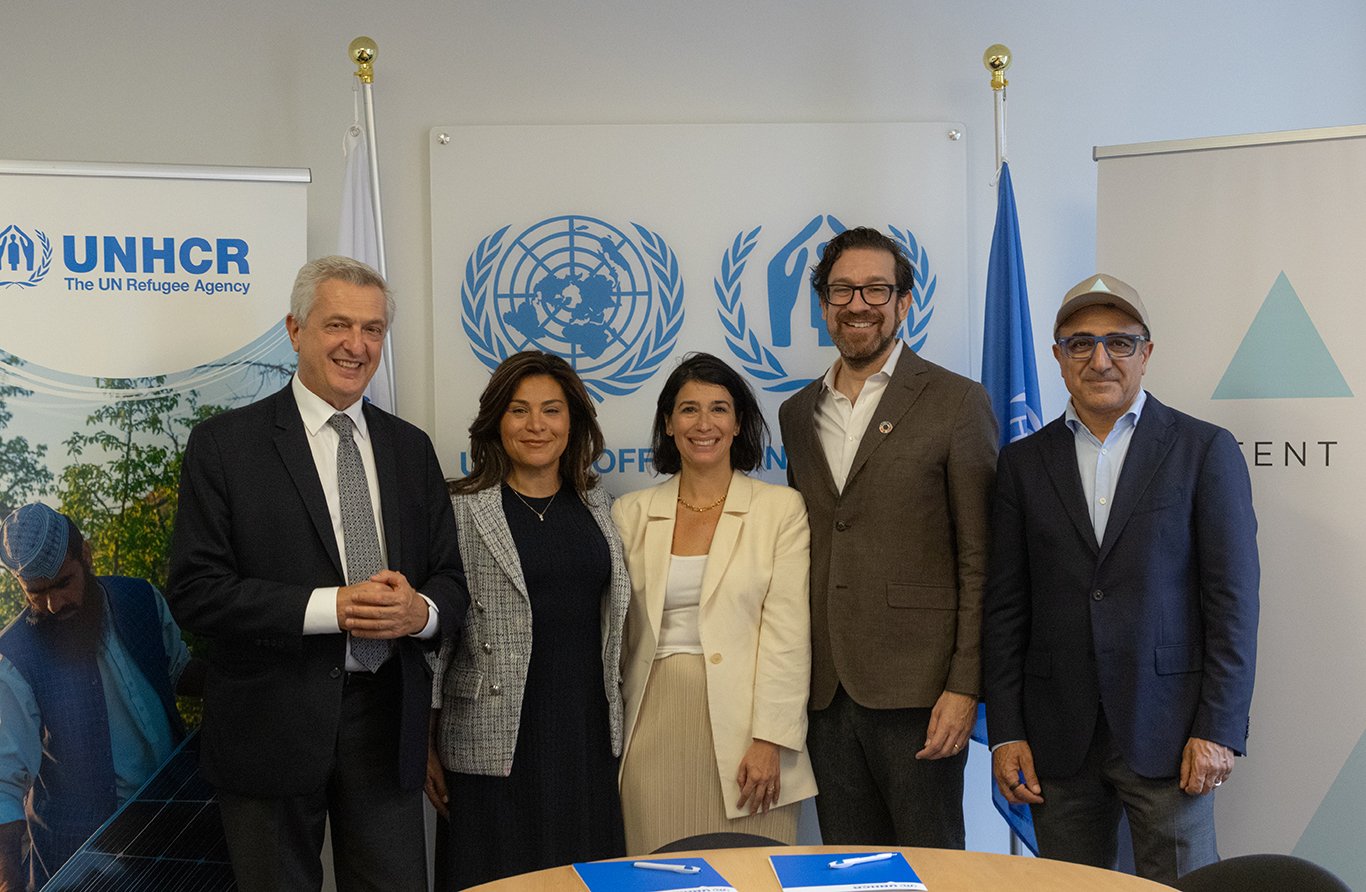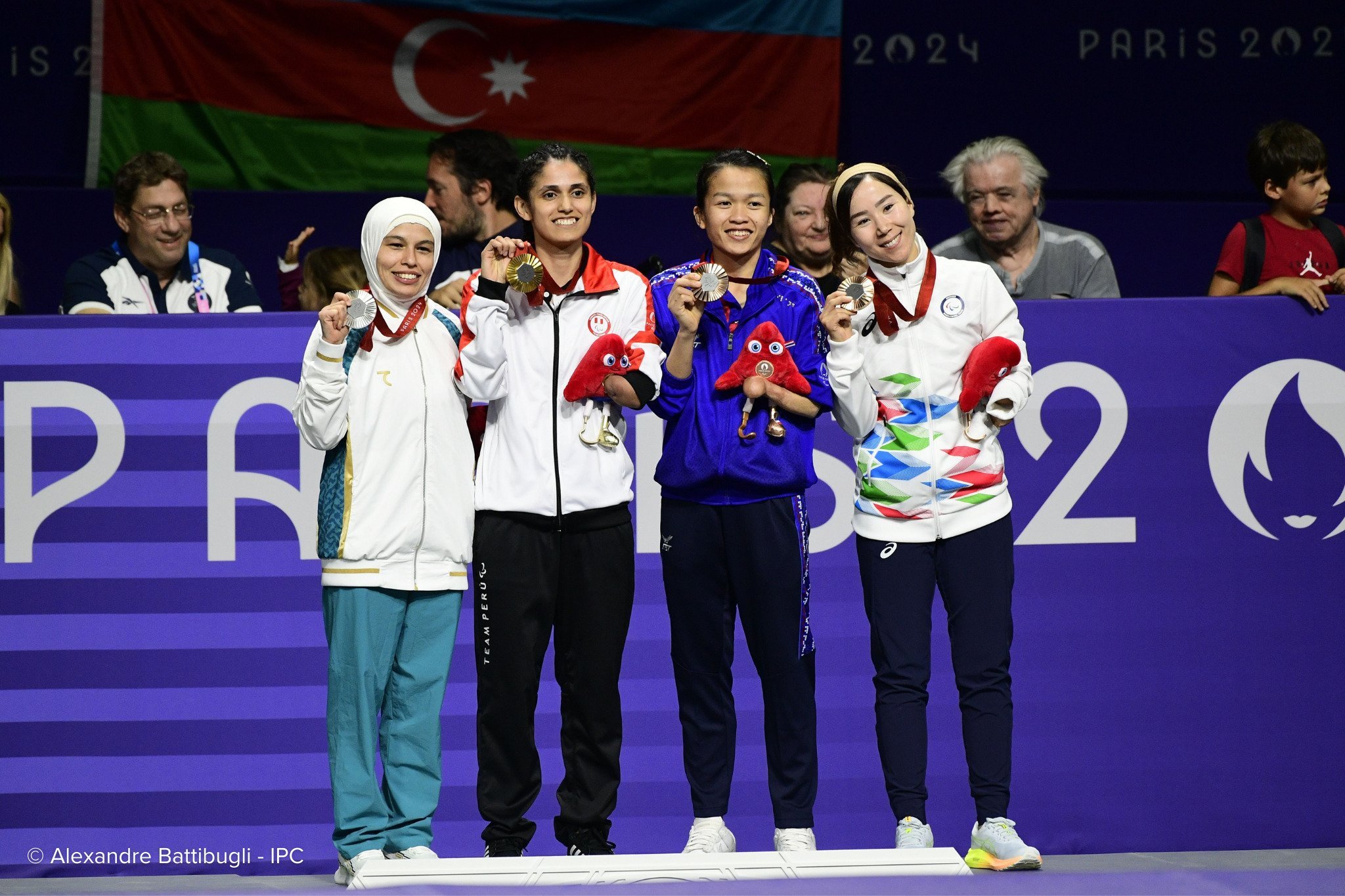Japan's Uniqlo clothing chain puts smiles on faces of refugees in Nepal
Japan's Uniqlo clothing chain puts smiles on faces of refugees in Nepal

BELDANGI ONE REFUGEE CAMP, Nepal, March 1 (UNHCR) - Japan's popular Uniqlo casual clothing chain has distributed 50,000 pieces of second-hand clothing to refugees at this camp in eastern Nepal. The recycled clothes had been deposited by customers at more than 700 Uniqlo outlets around Japan.
"This donation could not have been better timed. It will make a huge difference in the lives of the refugees, particularly the women and children - who are the most vulnerable," said Abraham Abraham, UNHCR representative in Nepal.
The refugee agency helped distributed the clothes late last week at Beldangi One, which is one of seven camps in Nepal that house some 106,000 refugees originating from Bhutan.
A Uniqlo delegation headed by Yukihiro Nitta, the company vice-president responsible for finance and legal affairs, joined UNHCR staff at the distribution. Award-winning children's book author, Eto Mori, also attended the ceremony and plans to write about her visit to the camp.
"We have faced great difficulty for our children's clothing this winter. Children and the elderly have suffered during the chilly nights without enough blankets and clothing," said Bhanu Maya Adhikari, who queued with her two daughters to receive clothes.
Another smiling refugee, clutching a pair of trousers, thanked the Japanese public. "We are happy to learn that people far away in Japan are concerned about us and we are not alone," he said.
The donation was especially welcome because UNHCR has not been able to distribute clothes to the refugees for several years due to a lack of funds. "We would have failed in meeting this important need had it not been for this timely donation," UNHCR's Abraham said, adding: "We are very grateful to Uniqlo and the people of Japan."
Media reports last month quoted a Uniqlo spokeswoman as saying the collection of useable old clothes expanded a recycling programme under which customers have brought back about 340,000 of their used fleece jackets since 2001. Clothes that are still useable will be donated to refugees, while the rest will be reprocessed to be used as heat insulation or fuel.
By Yuki Moriya and Nini Gurung in Beldangi One Refugee Camp, Nepal


